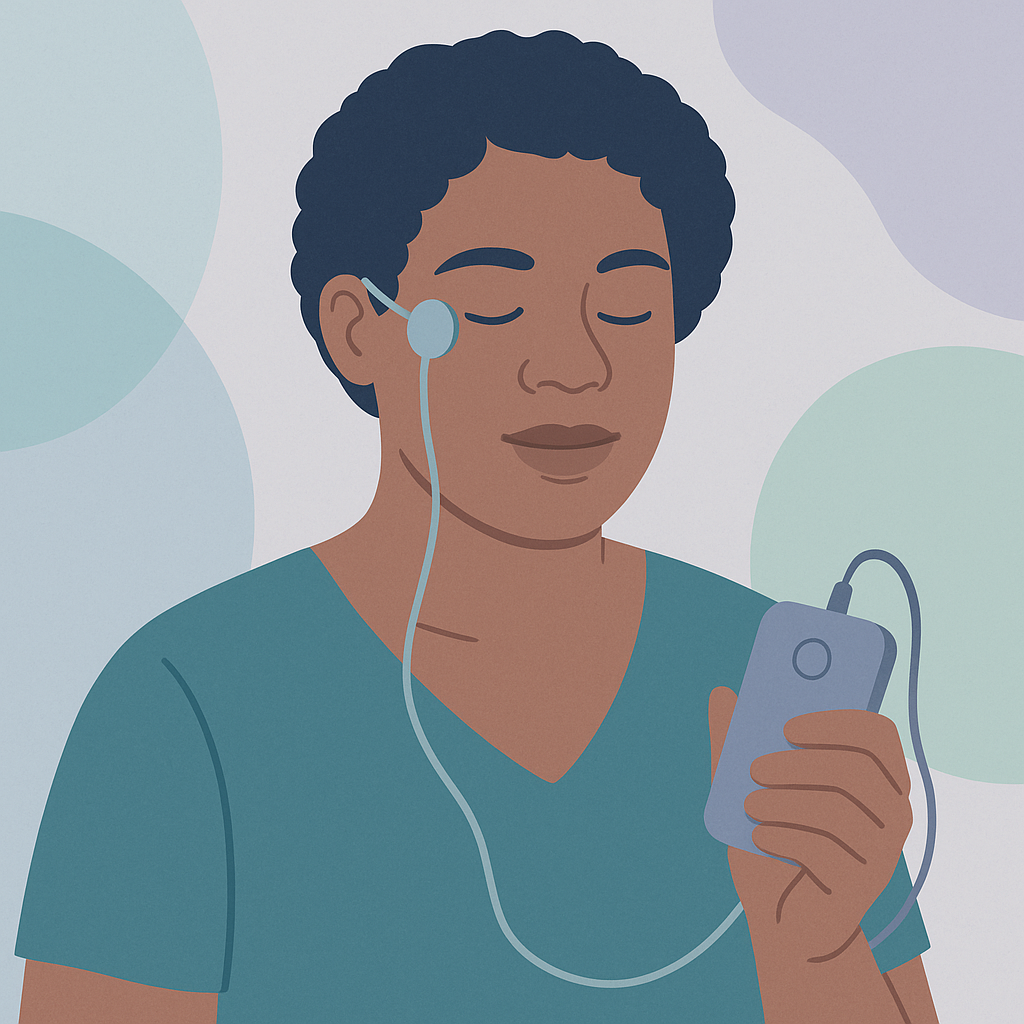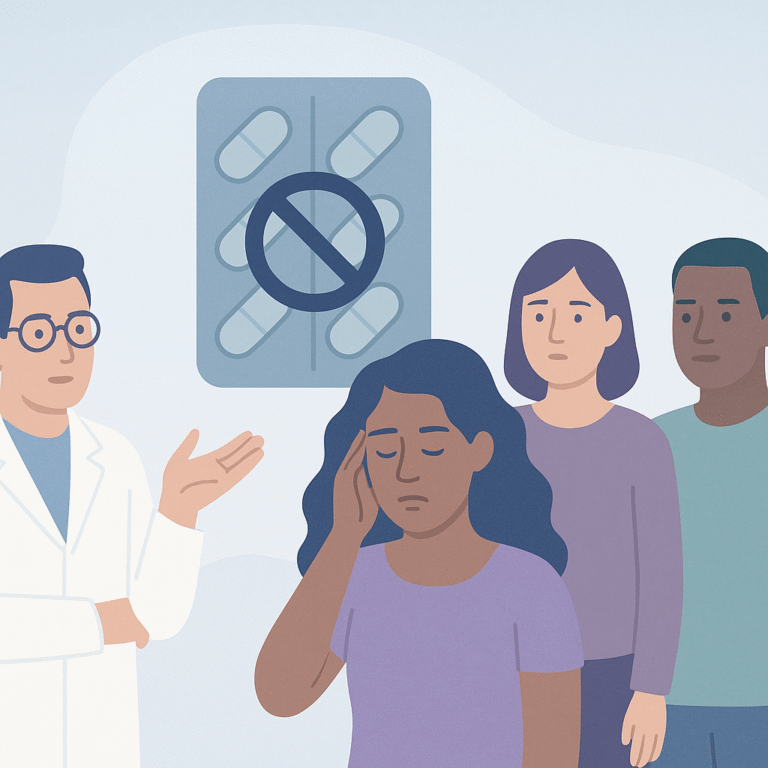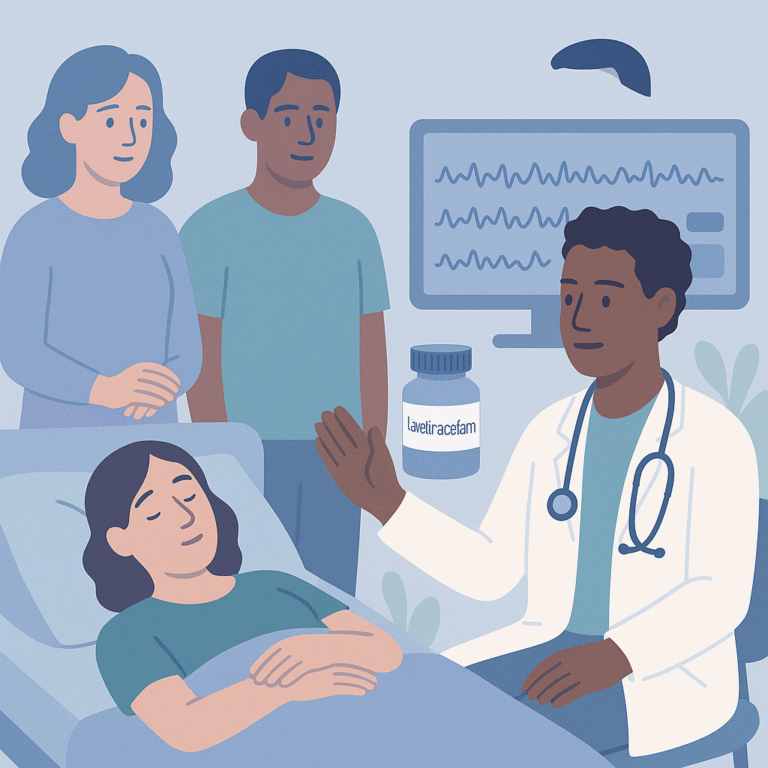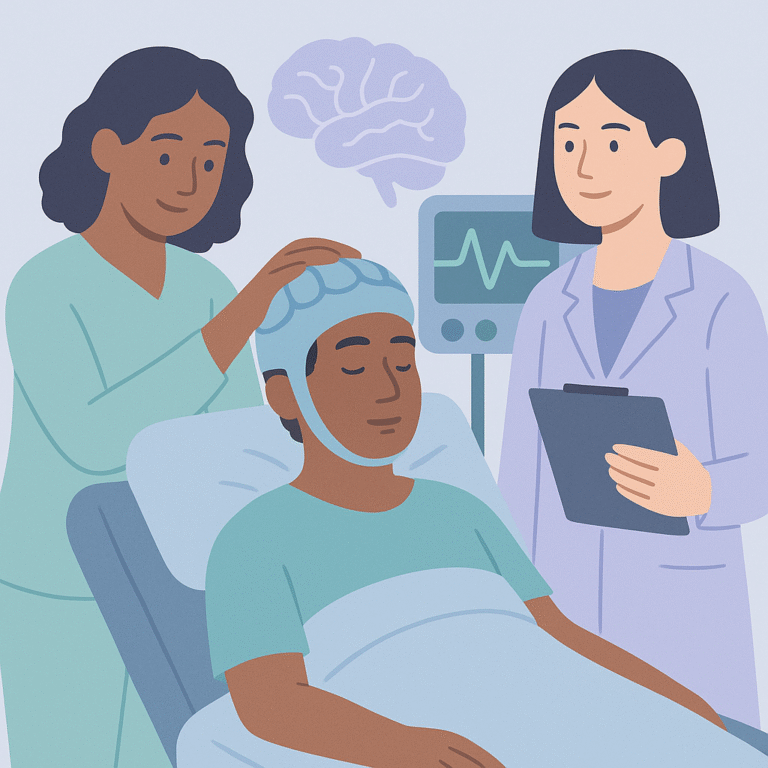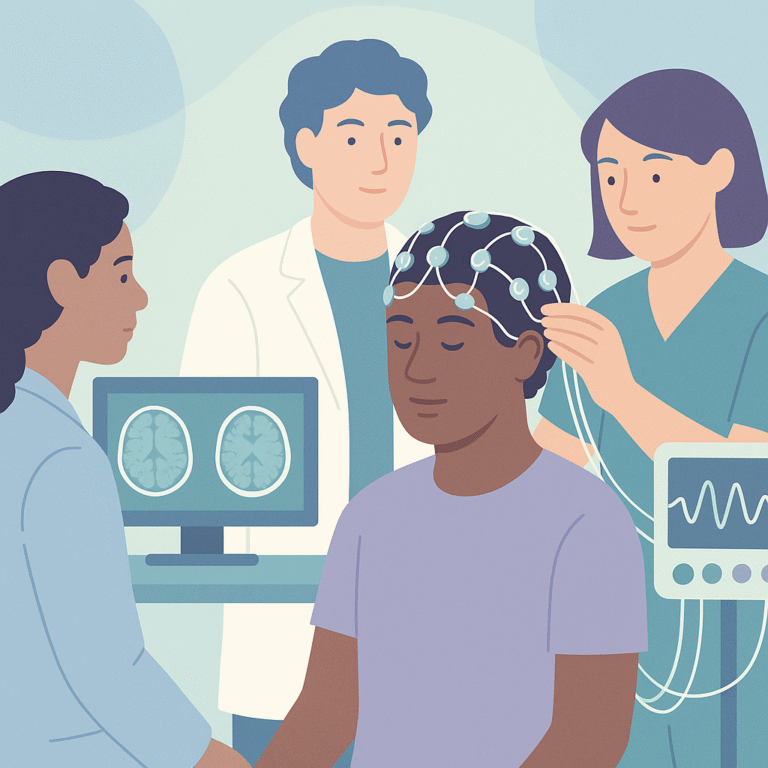Trigeminal Nerve Stimulation Shows Promise for Drug-Resistant Epilepsy
Source: Neurosurgical review
Summary
Researchers studied the effectiveness of trigeminal nerve stimulation (TNS) as a treatment for people with drug-resistant epilepsy (DRE), which means their seizures do not respond to standard medications. They reviewed nine studies involving a total of 411 patients to see how well TNS worked in reducing seizures and improving patients' responses to treatment. The studies were gathered from various medical databases, and the analysis followed specific guidelines to ensure accuracy.
The key findings showed that TNS significantly improved the response rate at three months, meaning more patients reported a reduction in their seizures shortly after starting the treatment. However, this improvement was not as clear at six or twelve months. About 42% of patients experienced at least a 50% reduction in seizures at three months, and this number varied slightly over the following months. Overall, patients saw an average reduction in seizure frequency, but the long-term benefits remain uncertain.
This research is important because it suggests that TNS could be a helpful option for managing DRE, especially in the short term. However, the findings also have limitations, as the evidence for long-term effectiveness is not strong and requires further investigation. Larger studies are needed to better understand how well TNS works over time and to confirm its safety and effectiveness for patients with epilepsy.
Free: Seizure First Aid Quick Guide (PDF)
Plus one plain-language weekly digest of new epilepsy research.
Unsubscribe anytime. No medical advice.